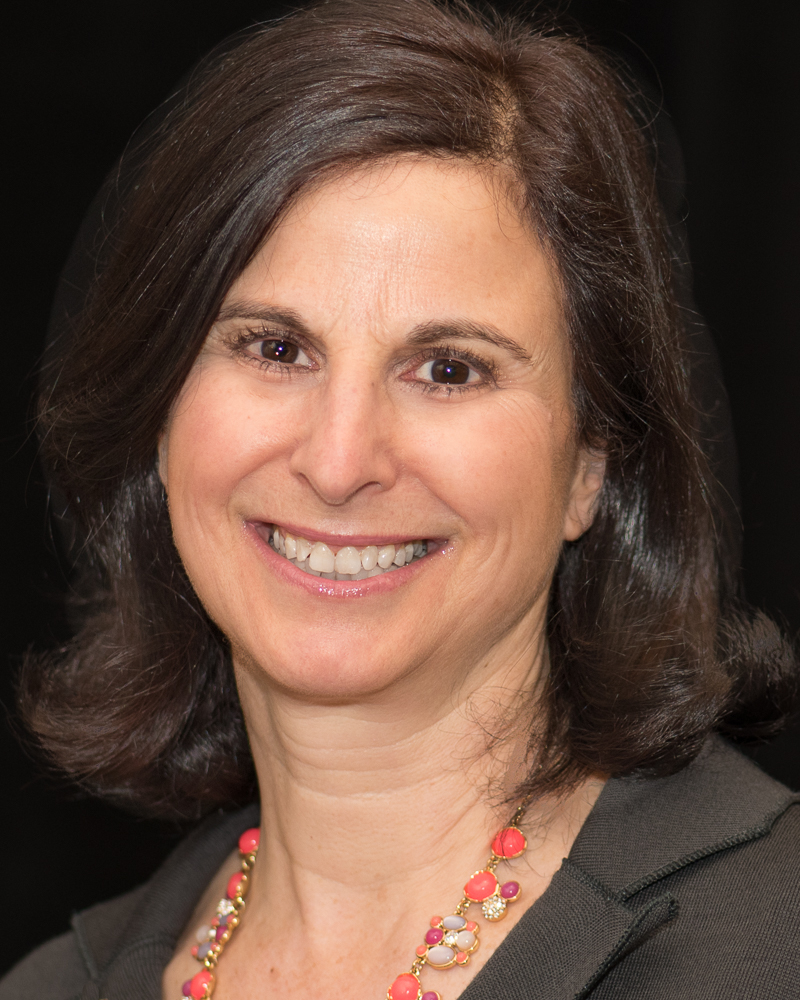
Journeys, journeys and yet, more journeys! How wonderful for Jacob that he is now settled in the land of Canaan. The opening word of this week’s Torah portion, “Vayeishev,” refers to Jacob settling in the land of his father. While Jacob is securely ensconced, we immediately learn that his son Joseph is to begin his journey, fraught with terrifying misadventures, from Canaan to Egypt. This Torah portion is bookended with stories of Joseph’s travels and travails.
In the midst of this Joseph narrative, a particular story concerning Judah emerges. Like his father Jacob, Judah is also quite settled in Canaan. Judah has married an unnamed Canaanite woman and they have produced three sons: Er, Onan and Shelah.
In time, Judah finds a wife for Er, Tamar, but God believes that Er is wicked and so “brings about his death” with no offspring (Gen 38:7). As is the custom of levirate marriage laws, Judah then gives Tamar in marriage to his second son, Onan. Onan deliberately spills his seed so that Tamar will not become pregnant and so, he, too, does not rate highly as a husband! At this point, Shelah is too young for marriage and, as Judah blames Tamar for the deaths of his first two sons, she is sent back to live with her father. There she remains a widow, still bound to Judah’s house. Tamar is anything but settled. She must live where she is told and up to now, has no voice in the matter.
Several years later, upon learning that Shelah has grown-up and that Judah has not invited her to his household to marry his third son, Tamar makes an audacious plan. Removing her widow’s garb and covering herself with a veil, she stations herself at Enaim, meaning “opening of the eyes.” As Athalya Brenner ruefully observes in the Central Commentary of The Torah: A Women’s Commentary, “Blind in this very spot to Tamar’s plight and presence, Judah’s eyes will soon open.” (p. 217) Judah assumes that Tamar is a prostitute and asks if he may lie with her.
The Torah now presents a frank bargaining session between Tamar and Judah. We hear her voice for the first time as she realizes that her clothing disguise has blinded Judah to not recognizing her as his daughter-in-law. It is also significant that Judah does not recognize Tamar’s voice. She asks him how he will pay her. Not satisfied with his offer to send her a goat, she requests Judah’s signet seal, cord and staff as pledges to return upon the payment of the goat. He acquiesces to her demands.
Three months later, upon learning that Tamar is pregnant, Judah’s reaction is to “bring her out and let her be burned.” Tamar, with stoic determination, sends a message along with the three identifying objects to Judah: “The man to whom these belong made me pregnant. Acknowledge whose signet seal, cords, and staff these are!” (Gen. 38:25)
Tamar’s voice is confident yet discreet; she does not publicly shame Judah. She waits for his response whereupon he admits his guilt and absolves her of her subterfuge. Her actions were certainly risky to her personal safety, but she seems to have the upper hand intellectually. In time, she delivers twins, one of whom will be the antecedent of King David. Tamar is thus praised for her actions in the rabbinic interpretations of B’reishit Rabbah which compares her worthiness to that of Rebekah: “Two covered themselves with a veil, and each gave birth to twins—Rebekah and Tamar.” During Tamar’s pregnancy, the rabbis point out that “she would pat her belly and exclaim, ‘I am big with kings and redeemers.” (The Torah: A Women’s Commentary, p. 227, B’reishit Rabbah 60.15, 85.7, 85.10)
One might say that Tamar is ambitious, but I would argue not for her own sake. She knows her rights and in her current situation, neither settled in her father’s home nor in Judah’s, she is lost—a widow with no offspring to continue the lineage of Judah’s household. She certainly acts more responsibly than does Judah’s son, Onan, who selfishly cared for his own rewards in life rather than producing an heir for his father. As well, unlike her father-in-law who refuses to bring her back to his home to marry Shelah, Tamar is forward thinking of the family’s lineage and her progeny. Judah’s eyes are indeed opened after their encounter at Enaim.
The text clearly states that Tamar “discarded her widow’s garb, covered herself up with a veil, wrapped herself up…” (38:14). It does not state that Tamar disguised her voice. Our voices are our identity markers. Judah must have spoken often with his daughter-in-law, but did he ever really pay her much heed? Was Tamar astonished that Judah did not recognize her voice? Was Judah “hearing without listening?” (Paul Simon, “The Sound of Silence”).
It is interesting that the person so “unsettled” in this Torah portion, Tamar, is actually the one who manages to settle and secure the future of the Israelite people.
Sara Charney is WRJ 1st Vice President and a member of Holy Blossom Temple Sisterhood in Toronto, ON.
Related Posts

Parashat Yom Rishon shel Rosh HaShanah

Cultivating a Culture of Accountability and Belonging


